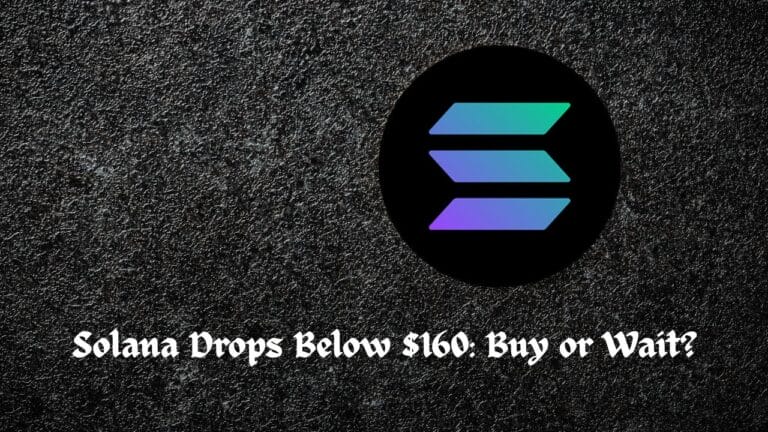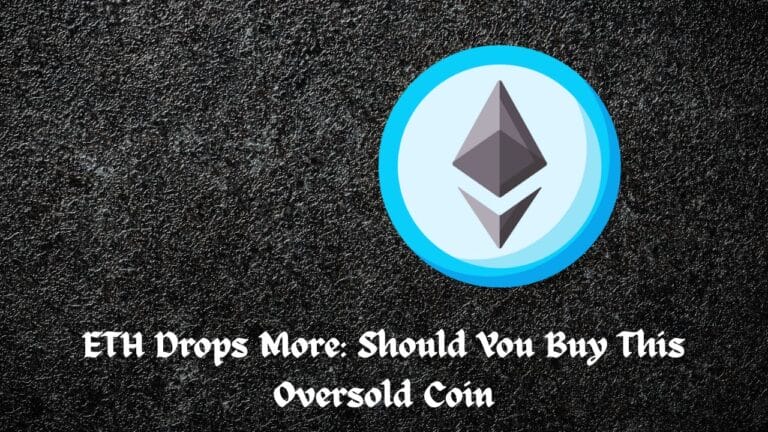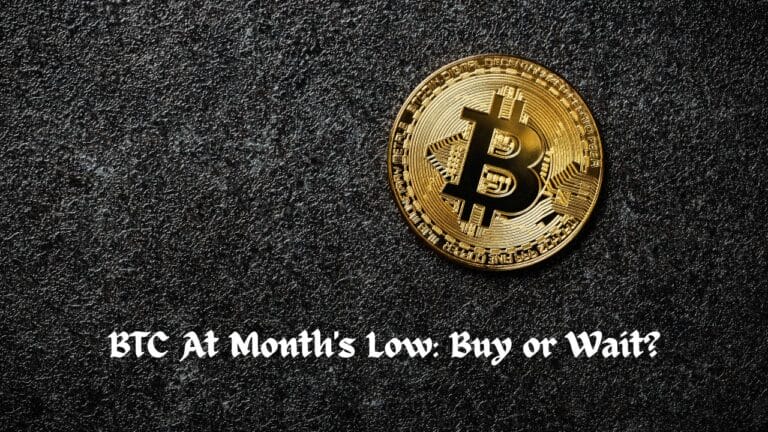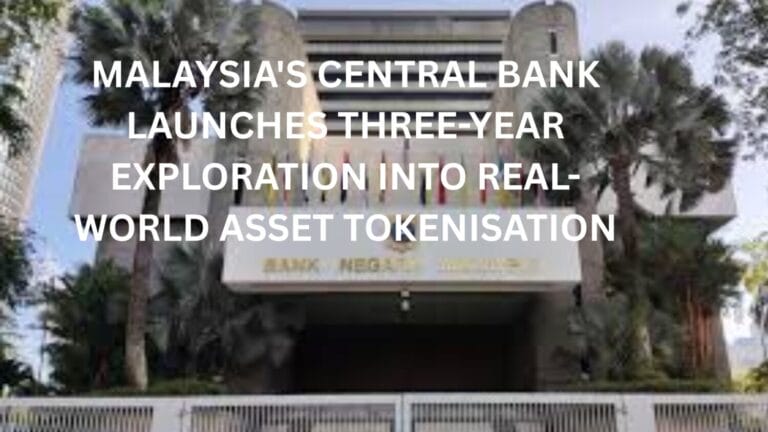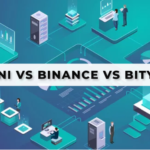Key Takeaways:
- Visa recently conducted testing on Ethereum’s Goerli testnet using “Paymaster” smart contracts, exploring the concept of “account abstraction.”
- These smart contracts enable simplified cryptocurrency payments by efficiently handling transaction fees on behalf of other user accounts.
Visa, a leading payment company, remains committed to exploring digital asset payments and innovative technologies that facilitate seamless crypto adoption and digital transactions. Recently, Visa has been researching Account Abstraction, a technology that enables secure automatic recurring payments for self-custodial wallets.
Additionally, Visa is also investigating the redesign of gas fees using Account Abstraction on the Ethereum blockchain, aiming to enhance transaction efficiency and user experience.
To take advantage of account abstraction, Visa deployed two sets of “Paymaster” smart contracts. By extending the functionality of these contracts to user accounts, this enables wallets to autonomously carry out complex activities and manage transaction fees on behalf of other accounts.
The first paymaster smart contract from payment giant Visa has been deployed on the ETH Goerli testnet, according to Cuy Sheffield, head of crypto at Visa. This occurs while Visa keeps investigating and testing account abstraction and ERC-4337.
It is important to keep in mind that, Ethereum’s final testnet ahead of the Merge went live on Goerli on August 11. Goerli testnet was the final test run before the Ethereum mainnet is expected to merge with the Beacon chain next month.
Visa is currently exploring the potential of redesigning gas fees through Account Abstraction on Ethereum. In a recent blog post titled “Rethinking Digital Transactions with Account Abstraction,” the company delves into Ethereum account abstraction and ERC-4337. Visa introduces the concept of the paymaster, a smart contract account that sponsors transaction fees for contract accounts.
These experiments are being conducted on the Goerli testnet, allowing users to test decentralised applications (DApps) without incurring gas fees.
Visa’s focus is on deploying the paymaster smart contract to cater to its client base. Notably, the company is investigating the possibility of allowing its clients to pay fees using alternative tokens such as USDT, rather than exclusively relying on ETH.
The action by Visa is the most recent development in a relationship with Ethereum that goes back at least to 2021, when it revealed it was using the blockchain to settle payments in the USDC stablecoin. In doing so, it made use of the stablecoin as a settlement currency, making it the first significant payments network to do so.
According to experts, Visa’s research has the potential to revolutionise the processing of digital payments, making it a significant accomplishment for various reasons. The ideas presented in EIP-4337 are believed to bring about increased flexibility for entities and individuals involved in designing Ethereum and token wallets.
This flexibility will enable developers to be more innovative and create wallets that offer both security and user-friendly experiences, without compromising on either aspect. The implications of Visa’s research could set a precedent for other firms in the industry, encouraging them to adopt similar approaches.

